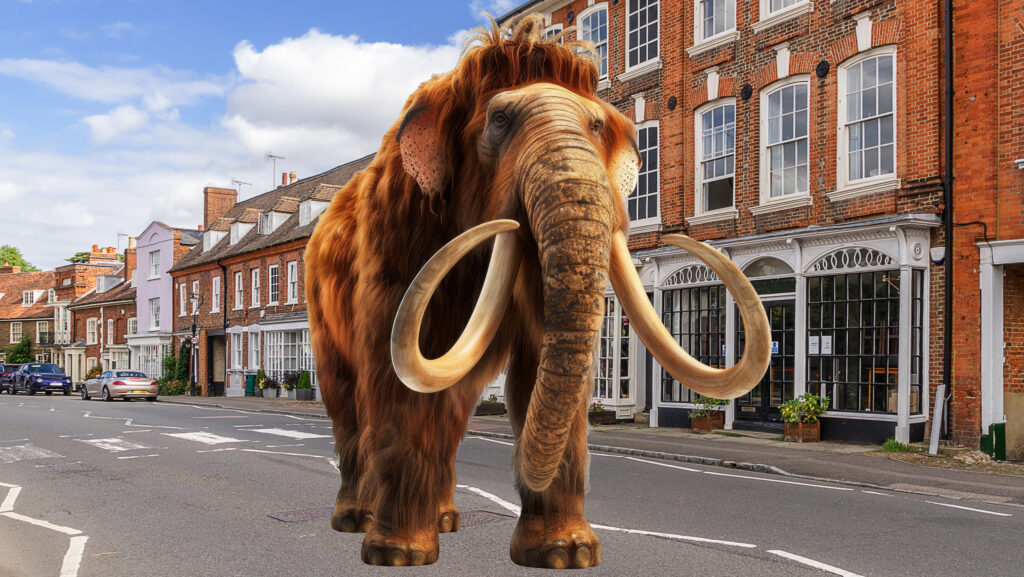Opinion: Reintroducing an amazing keystone species – the farmer
 © AdobeStock
© AdobeStock In a not-too-distant dystopian future, a new oilskin-clad hero emerges from a dented Toyota Hilux.
The year is 2125.
There’s no food in the shops and woolly mammoths run wild through the UK’s streets, causing rewilding and species reintroduction to really fall out of public favour.
Civilised society teeters on the brink of collapse.
In one last final gamble, environment agencies from the four nations take the controversial decision to reintroduce the only species that can save the country – the farmer.
See also: Opinion – pumpkins are great, but can feel like a press-gang
Scientists gasp in awe at this amazing keystone species, as it thaws out from its cryogenic ice preservation.
It’s one that can hold communities together, snowplough roads, fight climate change and, most importantly, produce food and fibre.
They are our last hope before anarchy descends and a food import monopoly reigns.
From cages they are loosed into the wild, crowds gather to cheer them on. Tentatively they make their way onto the land, beginning to cultivate crops and rear livestock.
Special rangers are trained in providing the ideal conditions and habitats for the farmers’ survival (mainly, stock judgings with free bars for the livestock folk and skiing holidays for the arable farmers).
At key times of the year such as agricultural shows these creatures meet to reproduce.
During the complex courting rituals, inevitably both partners will make fools of themselves; however, some may attain the status of legends.
In the wake of such agricultural resurgence, businesses start to spring up in rural areas, assisting the burgeoning farming industry.
Fencers, vets, machinery dealers all pop up like mushrooms, small settlements and associated services follow, bringing more people to the previously depopulated rural areas.
Nutrient-dense food floods into the supermarkets, shoppers delight at the locally grown produce.
Children cry as they eat their first British-grown potato, parents snap a photo to mark the special occasion, as grandparents remark: “These tatties taste even better than they remember.”
The woolly mammoths are finally gathered off the streets by a team of shepherds and collies, before being carted off in an Ifor Williams trailer.
The mothballed checked-shirt industry turns on its machines for the first time in generations as demand surges – not only to clothe agricultural workers, but also the townies, fashion-trending right behind their idols.
Streets are renamed in honour of these food-providing heroes. Men and women who can take a few acres of countryside and provide meals for the masses.
The urbanites stand in awe of the farmers’ ability to manage and mitigate untold amounts of pressure.
A national day of celebration is created in honour of these giants of society.
Mothers sign their children up to agricultural college from an early age, as competition is fierce to hold down the most important job in society.
The champagne corks pop in Downing Street as politicians breathe a sigh of relief. Crisis averted, thanks to these plucky and resourceful critters.
MPs lament that in the early 21st century, the farmer was even persecuted to extinction in the first place. How could our ancestors have been so short-sighted?
Of course domestic food production was vital to a prosperous and resilient country. How on earth did they not realise that, without farming, populations can’t function?.
I hope you enjoyed my short sci-fi story. I hope it remains fiction.

